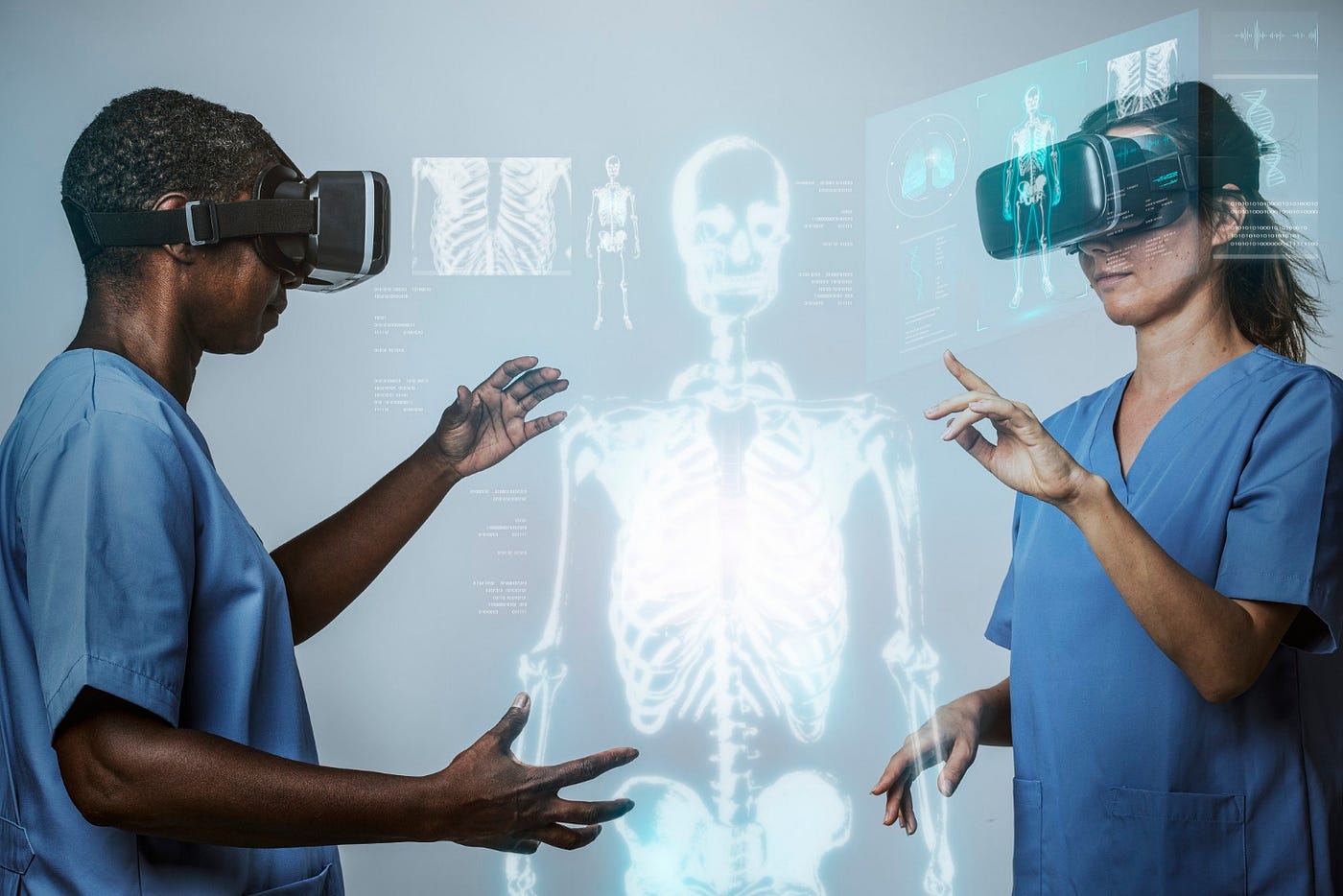
The Two Important Ways Digital Health Is Impacting Pharma in 2018
There can be no better insight into Pharma’s digital ambition than building a digital agency from scratch with pharmaceutical companies as the core client base. I have been working in pharma my whole career (now some 19 years) and feel very fortunate to have been around at a time of unprecedented change as technology has fundamentally impacted all aspects of the pharmaceutical business; from drug discovery and clinical trial development, through to the very nature of the product as health technology builds an evidence base and the focus moves from illness to wellness.
Having spent the last five years building The EarthWorks I have reflected on how great the impact of digital health has had on pharma companies. When I look at what The EarthWorks are asked to do the strategic direction becomes clear. Over 70% of our output is in health technology design and build. Principally this is focussed on clinically impactful support for patients, however there is also a significant proportion of this work focussed on supporting healthcare professionals - with the best work providing integration and a symmetry between the two. When I first became a marketing manager in a pharmaceutical company, the vast majority of the focus and budget was on marketing materials. This is still an important part of what pharma does but the investment and the excitement seems to have irrevocably shifted.
This got me thinking about how the digital health movement has impacted pharma. There are a great number of examples, including redefining real world data and challenging the nature of the communication between pharmaceutical companies and healthcare professionals. However I think there are two principle pressures stemming from the rise of digital health that is impacting pharma in 2018:
1. Moving ‘Beyond the Pill’ from Jargon to a Reality
From my earliest days in pharma I heard people talking about ‘beyond the pill’ initiatives. The accepted wisdom was that selling medicines alone would not be a sustainable business model for pharma in the 21st century. The only problem was that nobody could really articulate what this actually meant. Essentially it was often framed in the context of service design and support, for example rather than simply providing a medicine to support diabetes patients, could pharma partner to support the end-to-end service delivery? The answer was, no, probably not.
The rise of health technology has changed everything however. Although sceptics can be very vocal, there is a surprising consensus across industry, academia, healthcare professionals and patients that mobile health offers a significant opportunity to improve clinical outcomes for patients. What is even more exciting is the democratising nature of the smartphone, the impact on the developing world being at least as significant as the developed world – whether this is significantly reducing readmission rates after cardiac surgery or providing interventions to reduce relapse in bipolar disorder in the US or enabling eye examinations for rural communities in India or triaging infants in Malawi to improve mortality rates. In truth the focus of health technology design needs to address the challenges facing healthcare in the 21st Century – chronic disease, an aging population, health inequalities and access to medicines and mHealth can significantly impact all four of these.
What this means for pharma is much more important than might appear at first sight, with an early rush of pharma applications that were not as clinically impactful as people hoped. I have now designed patient support focussed on mobile health for conditions as diverse as multiple sclerosis, diabetes, asthma and most recently starting work in pulmonary arterial hypertension. Although the interventions are obviously very different for conditions as diverse as this, the ambition is universal: to build technology that can be proven to have a significant clinical impact in it’s own right, not just to support a medicine. Once we prove this significant impact, would it even be ethical to not make this kind of technology available for patients being prescribed a new medication? It won’t be long before technology based patient support will be required as part of a drug’s licence. This is what I think ‘beyond the pill’ could look like in reality for pharmaceutical companies.
2. Bringing Pharma Closer To The Patient
Of course pharma has always had a focus on the patient, however 10 years ago it was often communicated through the prism of clinical trial end-points rather then a desire to truly understand the patient need in the real world. It is an interesting paradox that working in technology means you have to be super focussed on the human being called the user. The need to understand our users in minute detail builds a philosophy that has now begun to permeate the pharmaceutical industry. With digital solutions there is no place to hide, it is a brutal world where if you fail to add real value, your communication channel, tool or service will simply be ignored.
Patient centricity in pharma has been prioritised due to a number of factors, many supporting market access and reimbursement. However the socialised world we now live in means that it is now impossible to ignore the real concerns of patients, every day pharma now communicates with real people (not just professional patient advocates) about some of the most controversial and complex arguments in the life science business. Although the digitisation of Pharma’s patient strategy originally focussed on problems pharma wanted to solve for organisationally focussed reasons (such as adherence) now the ambition is much greater and is targeted at what a person living with a condition would actually need to improve their life. Chronic disease management is way more complex that reminders and alerts. Also, no patient wants to be a data enrty clerk on behalf of a pharmaceutical company.
Final Thought
Although happening at different speeds, digital will mean that every important service we use, online and offline, is going to get remade and designed from the bottom up with people at the centre. Pharma will be no different. The most fascinating ramification of digital is its humanising nature. I believe it also breeds a philosophy of altruism, not in a disinterested and selfless manner, but rather an acceptance that if we want to connect, support and improve people’s lives we have to understand them deeply and care about them as individuals. Technology at its best has the capacity to make pharma more human and support-improved healthcare at the same time. I wouldn’t want to spend my time doing anything else.
Trending
-
1 Mental Health Absences Cost NHS £2 Billion Yearly
Riddhi Doshi -
2 Gut Check: A Short Guide to Digestive Health
Daniel Hall -
3 London's EuroEyes Clinic Recognised as Leader in Cataract Correction
Mihir Gadhvi -
4 4 Innovations in Lab Sample Management Enhancing Research Precision
Emily Newton -
5 The Science Behind Addiction and How Rehabs Can Help
Daniel Hall





Comments